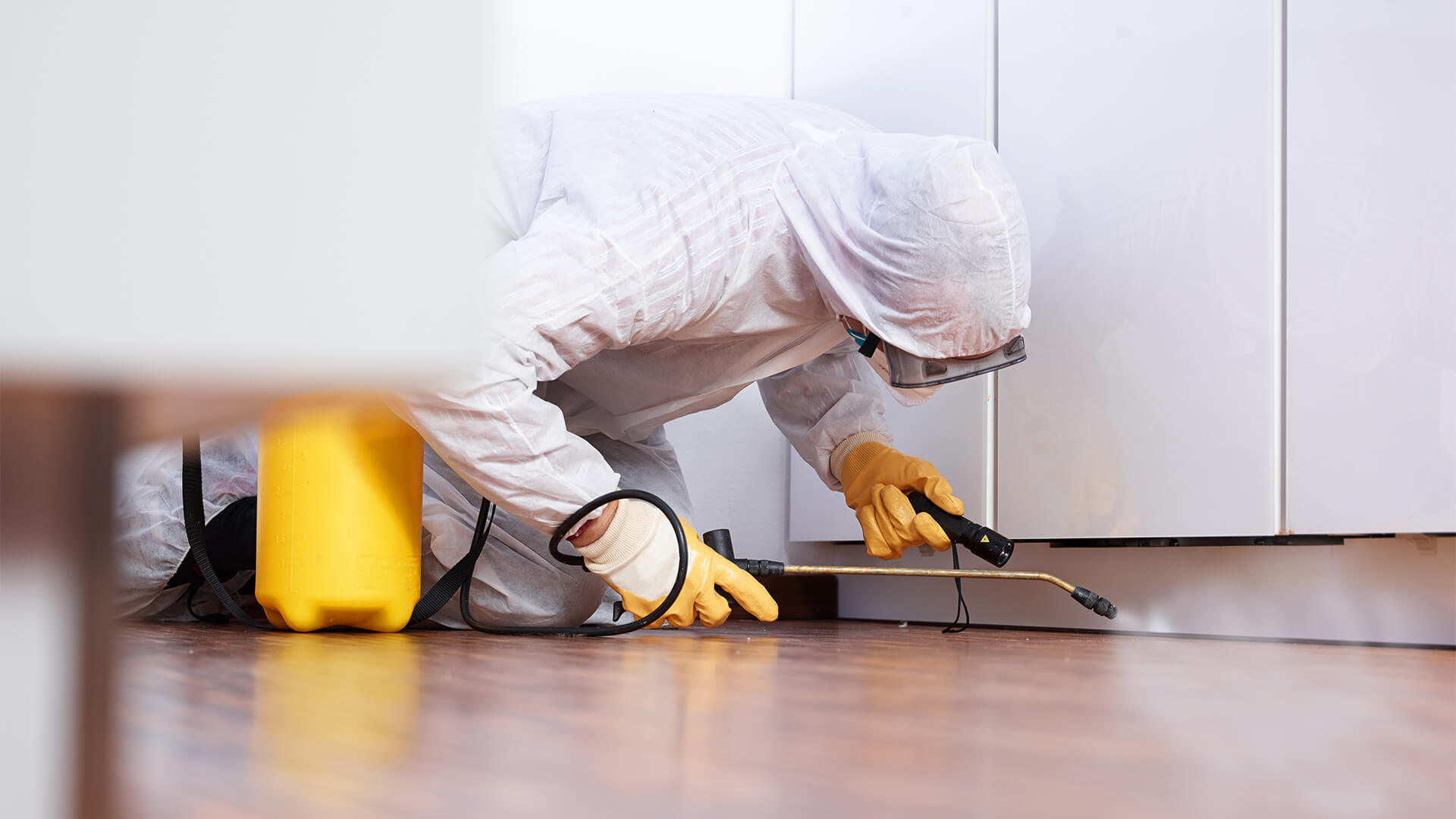Welcome to our comprehensive how-to guide on effective pest control tips! Whether you’re dealing with a minor infestation or aiming to prevent pests from becoming a problem, this guide will provide you with practical advice and professional insights to help you keep your environment pest-free. Understanding the strategies and tools available for pest control is essential for homeowners, renters, and business owners alike.
Dealing effectively with pests involves more than just reacting to infestations. It also includes preventative measures, proper sanitation practices, and in some cases, professional interventions. By adopting a proactive approach toward pest control, you can maintain a healthier, safer living space. Let’s dive into some effective strategies to manage and prevent pests efficiently.
Identifying Common Pests
The first step in effective pest control is properly identifying what type of pests you are dealing with. Common household pests include rodents, ants, cockroaches, termites, and various species of flies. Each pest has unique behaviors and tendencies which influence the best methods for managing them. For instance, understanding that termites are attracted to wood can lead to better preventive measures such as removing wood piles from around your property.
Different pests may require different approaches. Cockroaches, for example, thrive in moist environments and can be combated by fixing any plumbing leaks and ensuring kitchens and bathrooms stay dry. Detailed knowledge about the specific pests you are confronting will guide your efforts in choosing the most effective extermination tactics. For Effective Commercial Pest Control Sydney solutions, follow these essential pest control tips to keep your business safe and pest-free year-round.

Preventative Measures
Prevention is often considered the best form of pest control. Regularly inspecting your home or business for signs of pests can help catch problems before they escalate. Seal potential entry points like cracks and crevices in walls or around doors and windows to deter access. Proper waste management and disposal, as well as secure food storage solutions, play crucial roles in minimizing attractions for unwanted guests.
Enhancing your surroundings by trimming overgrown vegetation and maintaining dry gutters can also deter pests from settling in close proximity to your home or business premises. Remember, preventive actions can save considerable time and money by avoiding larger infestations down the line.
Effective Commercial Pest Control Sydney
Maintaining a pest-free environment in commercial settings poses its own unique challenges. The health risks associated with infestations can jeopardize safety protocols, disrupt operations, and potentially lead to financial losses or damaged reputations. By employing targeted commercial pest control services like those offered in Sydney, businesses can ensure compliance with health regulations while safeguarding their premises.
Professional pest controllers utilize integrated pest management (IPM) strategies tailored specifically for commercial needs. These may include routine inspections, chemical treatments suited to sensitive environments like food preparation areas, along with ongoing monitoring and maintenance programs designed to proactively address potential pest threats.
Use of Natural Remedies
Natural remedies offer an environmentally friendly alternative to chemical pesticides and are particularly useful in homes where safety concerns top the priorities. Essential oils such as peppermint oil for deterring spiders and rodents or neem oil for combating aphids in gardens are popular choices. Diatomaceous earth can be used effectively against a wide range of insects by causing dehydration upon contact.
This approach not only helps mitigate health risks associated with chemical methods but also supports sustainability initiatives. However, when taking the natural route, continual application and patience are often necessary as natural products generally take longer to produce visible results compared to their chemical counterparts.
Ongoing Monitoring and Professional Help
Even with all the right preventive measures and remedies at play, ongoing monitoring remains critical in detecting early signs of new pests or renewed activity from previous inhabitants. Installing traps or checking for signs of damage periodically helps maintain control over potential outbreaks.
In cases where infestations persist or become too severe for standard DIY methods, it’s crucial to call in professional pest controllers. They have access to more powerful tools and resources that can help resolve issues more comprehensively and swiftly than most homemade solutions could ever achieve.
In conclusion, effective pest control requires awareness, proactive prevention strategies, appropriate intervention methods including natural options when possible, and periodic reassessment of the situation alongside professional assistance when necessary. Take these steps seriously and you’ll greatly reduce the likelihood of problematic encounters with pesky intruders.
If you follow the guidance provided here on how to effectively manage common pests through preventive measures, identifying characteristics specific to them along with traditional extermination approaches—integrated naturally when possible—you’re set on the path towards maintaining a healthy environment that deters unwanted visitors sustainably.

Leave a Reply